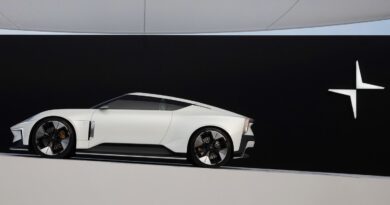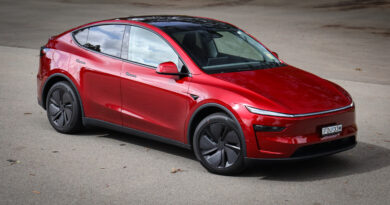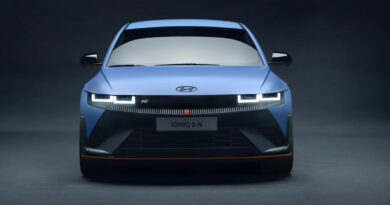Double trouble: Hyundai to target Chinese AND European EVs with sub-$40,000 Inster and $100,000 Ioniq 9
Stand by for Hyundai to launch its cheapest and most expensive electric cars in Australia when the compact Inster and seven-seat Ioniq 9 arrive in early 2025.
And yes we do mean Ioniq 9 – the artist formerly known as Ioniq 7.
The Korean giant’s local boss has confirmed the fight is on to secure sub-$40,000 pricing for the Inster, which launched globally earlier this month.
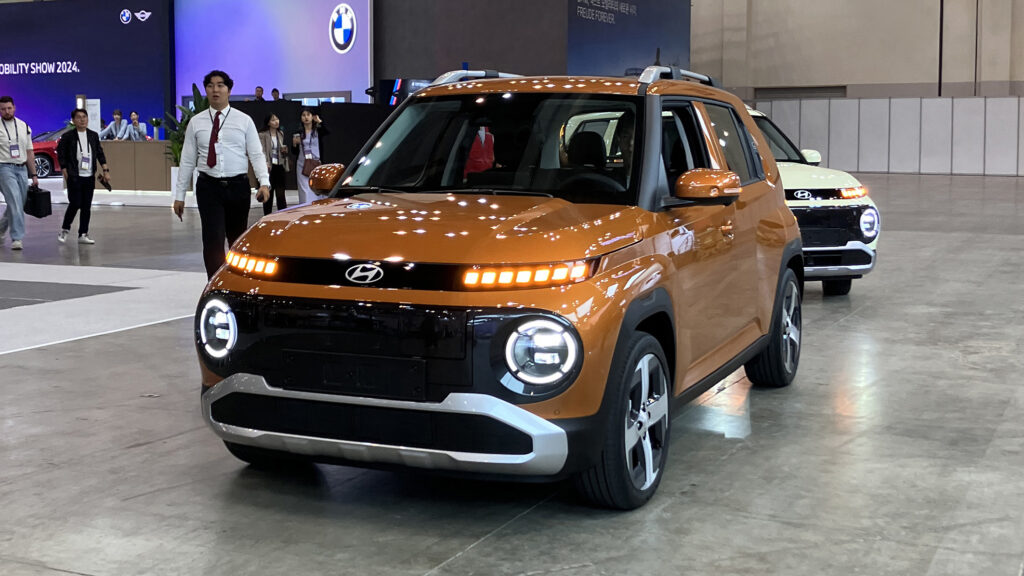
But he also conceded $100,000-plus pricing was on the way for the Ioniq 9, which makes sense considering it very closely related to sister brand Kia’s EV9, which is priced from $97,000 plus on-road costs.
“We’d love it to be sub $40,000, but I think that is all I can say,” Hyundai Motor Company Australia Chief Operating Officer John Kett said of the Inster.
“I don’t want to say any more than that because I don’t want to upset people when the car actually arrives.
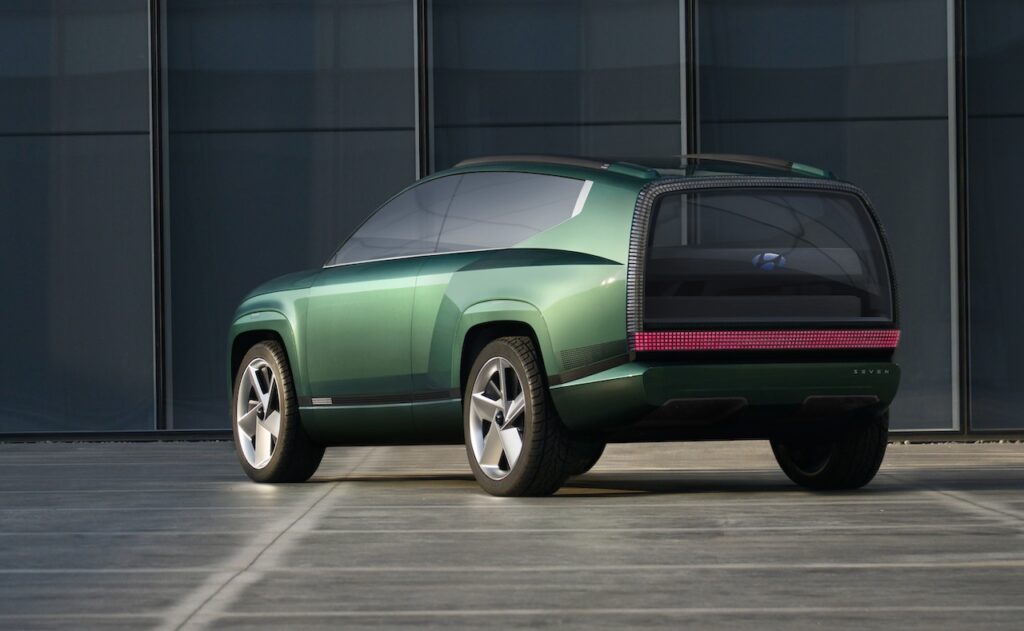
“We haven’t even started having the pricing conversation around the specs.”
If the sub-$40,000 target is attained the Inster will become the first non-Chinese EV to break that pricing barrier.
Currently, the GWM Ora is the cheapest EV sold in Australia priced from $35,990 driveaway. The BYD Dolphin starts at $38,890 plus on-road costs, while the MG ZS EV SUV and MG4 hatch start from $39,990 driveaway.
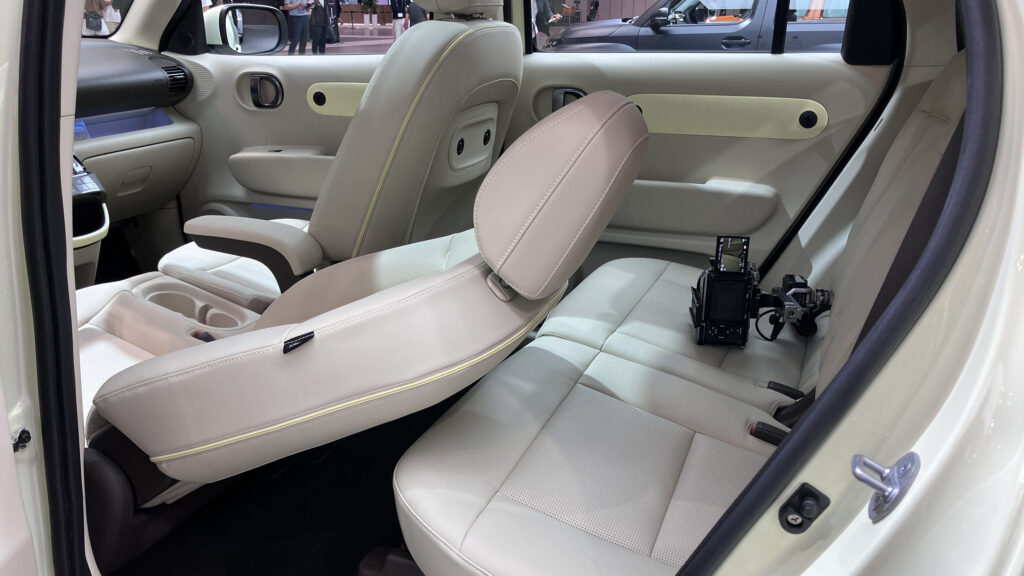
“Inster should give us a price entry point into the EV market and create a differentiated position if you are looking for a brand other than a Chinese EV,” Kett said.
The Ioniq 9 is a different proposition altogether, set to challenge the high performance $111,000 Ioniq 5 N as Hyundai’s most expensive vehicle in Australia. It will take on the European premium brands and their profusion of electric SUVs including the Audi Q8 e-tron, BMW iX and Mercedes-Benz EQE and EQS.
The pricing was tacitly admitted by Kett when explaining how Ioniq 9 would fit into its SUV model walk.
“In every SUV segment we will have ICE, hybrid and an EV and the step-up within that segment and across that segment – if you just look at price pointing – would appear to be fair, as opposed to only looking at a car [Ioniq 9] that will be $100,000 plus,” he said.
Kett conceded the slow sales for the EV9 had registered at Hyundai and it was considering how the Ioniq 9 would be retailed here and what sales success would look like.
“We have a lot of time to think our way through it,” he said. “There are a lot of early movers in that price point; what did they get right what didn’t they get right and what aspiration do we need on that car.”
The Ioniq 9 was originally due on-sale here in the second half of 2024. The rescheduled local introduction is a reflection of how late this year production will commence in Korea.

Rather than launch in the holiday season, HMCA has elected to hold off until early 2025.
As for the name change, it is being reported as fact by the authoritative Korean Car Blog and is being acknowledged without being confirmed by Hyundai Motor Company Australia.
Adding an Inster with a sub-$40,000 starting price and the Ioniq 9 with a top-out price likely beyond $120,000 as per the EV9, will flesh out Hyundai’s EV line-up significantly.
The Kona Electric currently sells in a range between $52,000 and $62,000, the Ioniq 5 SUV (excluding the N) between $67,500 and $86,500 and the Ioniq 6 sedan between $66,500 and $86,500. All prices are plus on-roads.
Hyundai needs the volume boost that Inster especially could bring to its line-up. It aims to sell 5000 EVs in Australia in 2024 while market leader Tesla has sold 23,116 Model3s and Ys in the first six months.
Hyundai has recently changed the way it sells its Ioniq models by making them available through traditional franchised dealers and dropping the fixed price agency model.
“We don’t think we do a good enough job on Ioniq anyway and certainly Kona doesn’t get the job done in the way we expect and that’s on us in terms of promoting EVs down the right channels,” Kett said.


